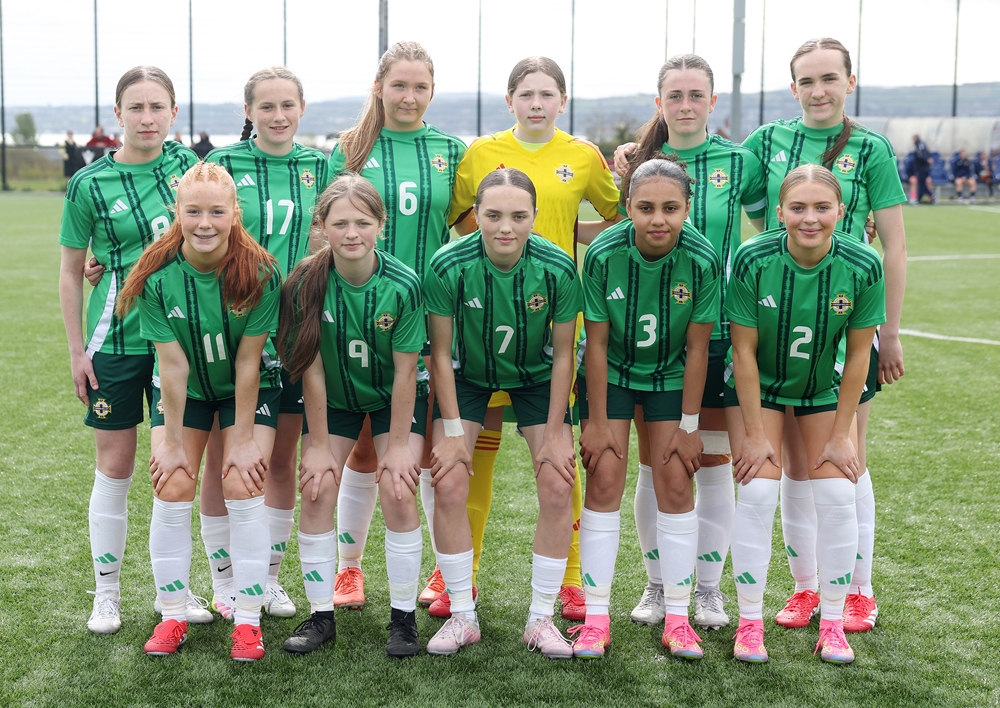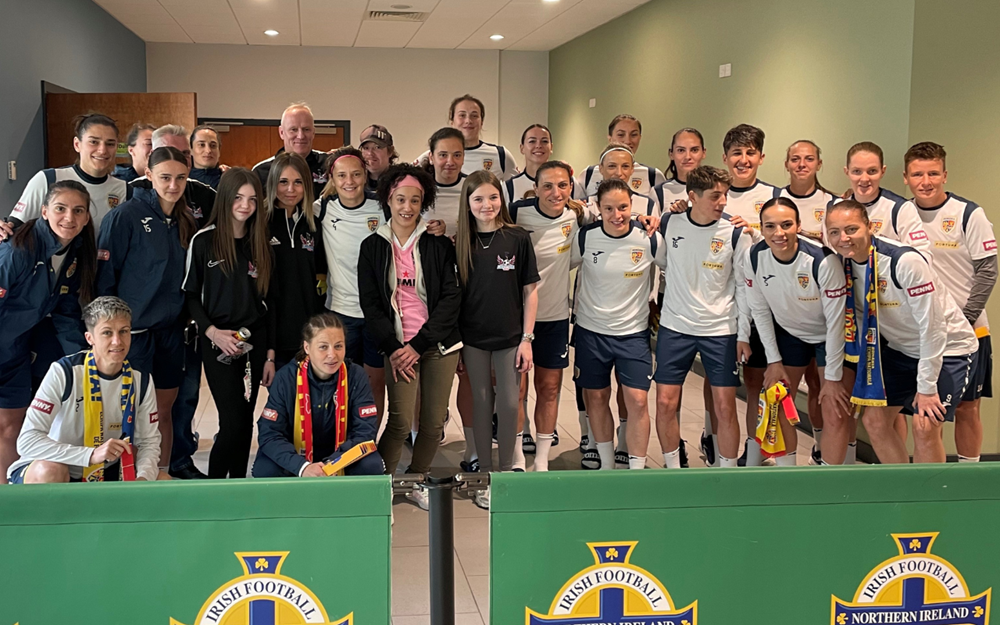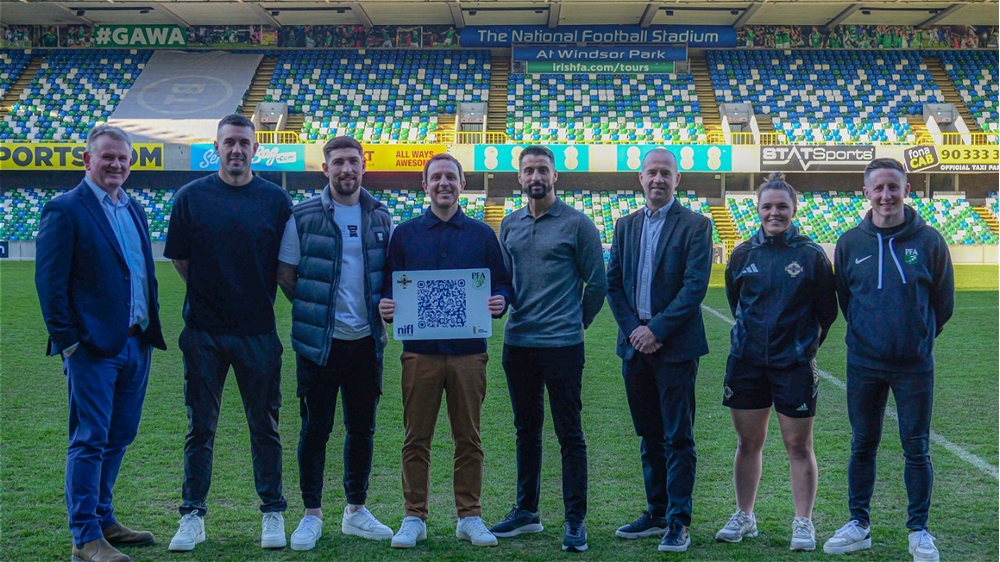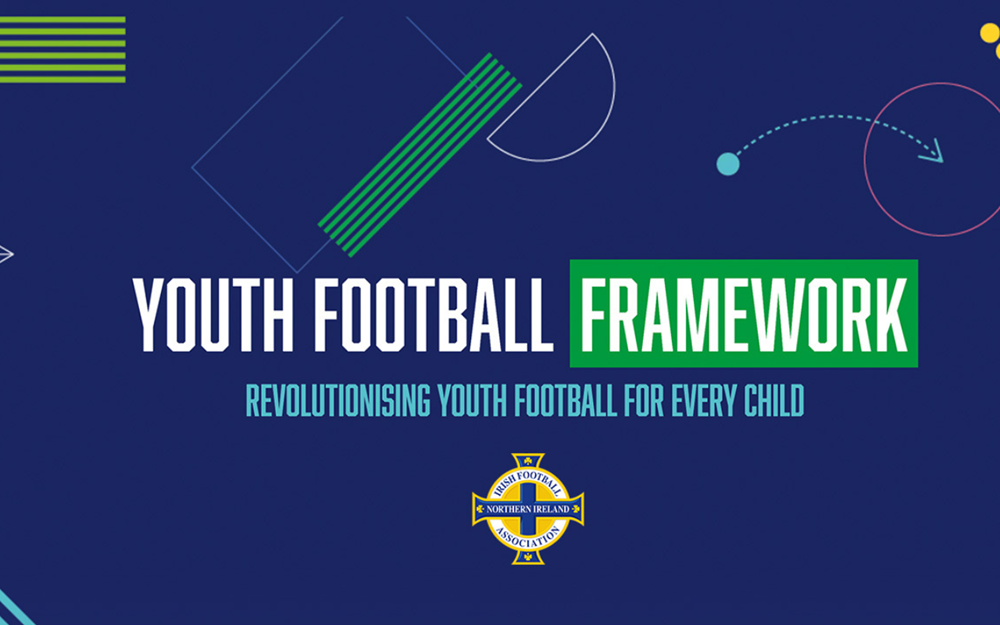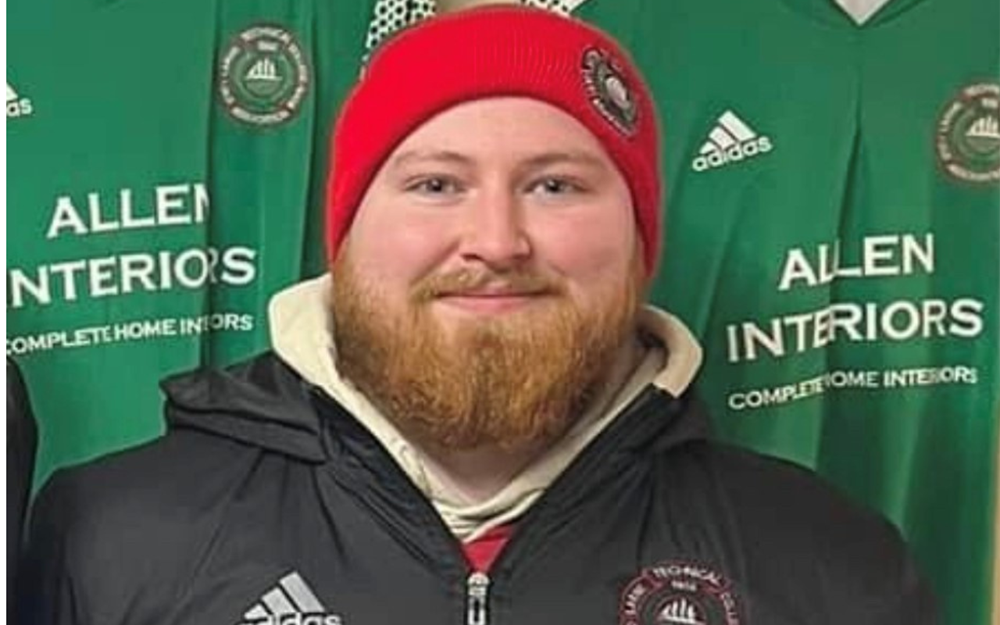
One of Northern Ireland’s legendary players from the 1958 World Cup team, Harry Gregg OBE, has passed away at the age of 87.
Harry, who was born in Magherafelt, Co Londonderry, played 25 times for his country – and was voted best goalkeeper at the 1958 World Cup tournament where Northern Ireland reached the quarter-finals.
However, he is perhaps most famous in football circles for his heroics during the Munich air disaster in February 1958 which claimed the lives of 23 people.
British European Airways Flight 609 crashed at Munich-Riem Airport with the Manchester United team known as the Busby Babes, along with supporters and journalists, onboard.
Harry pulled some of his team-mates from the burning plane, including Bobby Charlton, Jackie Blanchflower and Dennis Viollet, as well as his badly injured manager Sir Matt Busby. He also helped Vera Lukic, the pregnant wife of a Yugoslav diplomat, and her daughter Vesna (aged two).
The flight was making its way to Manchester from Belgrade, where United had defeated Red Star Belgrade in a European Cup tie. It stopped to refuel in Munich but crashed when attempting to take off from a slush-covered runway. There were 21 survivors.
He was one of the greatest and most famous players to come from our country and, of course, he was one of the heroes of Northern Ireland’s famous 1958 World Cup squad
Irish FA President David Martin said today: “Everyone at the association and in the Northern Ireland football family is saddened to hear of the death of Harry Gregg.
“He was one of the greatest and most famous players to come from our country and, of course, he was one of the heroes of Northern Ireland’s famous 1958 World Cup squad.
“We would wish to send our sincere condolences to his family at this sad time.”
Irish FA chief executive Patrick Nelson added: “Harry Gregg was a true legend of the game, here at home in Northern Ireland, in England through his connections with Manchester United, and throughout the world in relation to his bravery after the Munich air disaster in 1958.
“During my time at the Irish Football Association, I met Harry on a number of occasions, and always enjoyed our conversations. It is fair to say he was never short of an opinion on the game and he will be missed by all of us.”
The legendary goalkeeper played for Northern Ireland from 1954 to 1963. His performances at the 1958 World Cup were the high point of an international career that was hampered by injury.
Harry started his club career with Windsor Park Swifts, the reserve team of Linfield, before signing for his local club Coleraine.
At the age of 18 he earned a move to Second Division side Doncaster Rovers, for whom he made 99 appearances between 1952 and 1957.
In December 1957 he transferred to Manchester United for £23,000, which was a world record fee for a goalkeeper at the time. During his United career (1957-1966) he made 247 appearances.
He had a frustrating time at United, however. He was ruled out of the 1963 FA Cup Final victory due to injury and further injuries meant he did not play enough games to qualify for a league championship medal in the 1964-55 season.
Harry was also on the losing side when United lost the 1958 FA Cup Final and he was sold – to Stoke City – during the first half of their title winning campaign in 1966-67. He only made two appearances for Stoke before retiring at the end of that season.
After hanging up his boots he entered management. He became manager of Shrewsbury Town in July 1968 and then switched to Swansea City in November 1972. Next stop was Crewe Alexandra (1975-1978) and his last stint at management saw him in charge at Carlisle United from May 1986 until November 1987. He also had a spell as goalkeeping coach at Manchester United and as assistant manager at Swindon Town.
Harry was appointed an MBE by The Queen in 1995 for services to football, and was then made an OBE in 2019, also for services to football.
In 2015 a charity was set up in his name – and he fully endorsed it.
Each week the Harry Gregg Foundation facilitates a wide range of activities for thousands of people in the Coleraine area and beyond through participation in football and various other health, lifestyle, educational, heritage and social inclusion activities. A room was also named after Harry at the National Football Stadium at Windsor Park when it opened in 2016, such was his standing with those who worked for, and represented, the Irish FA.
